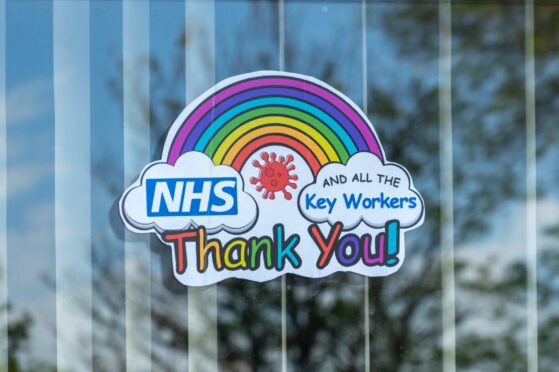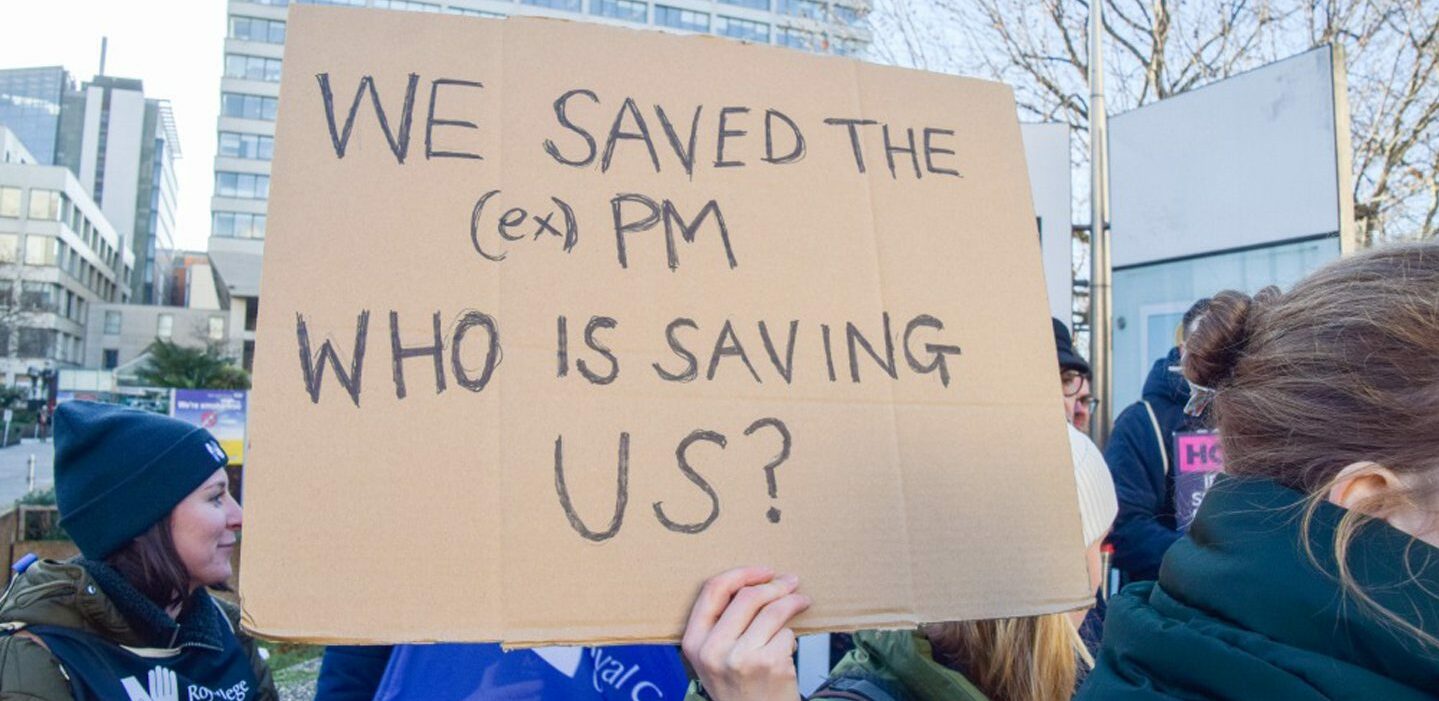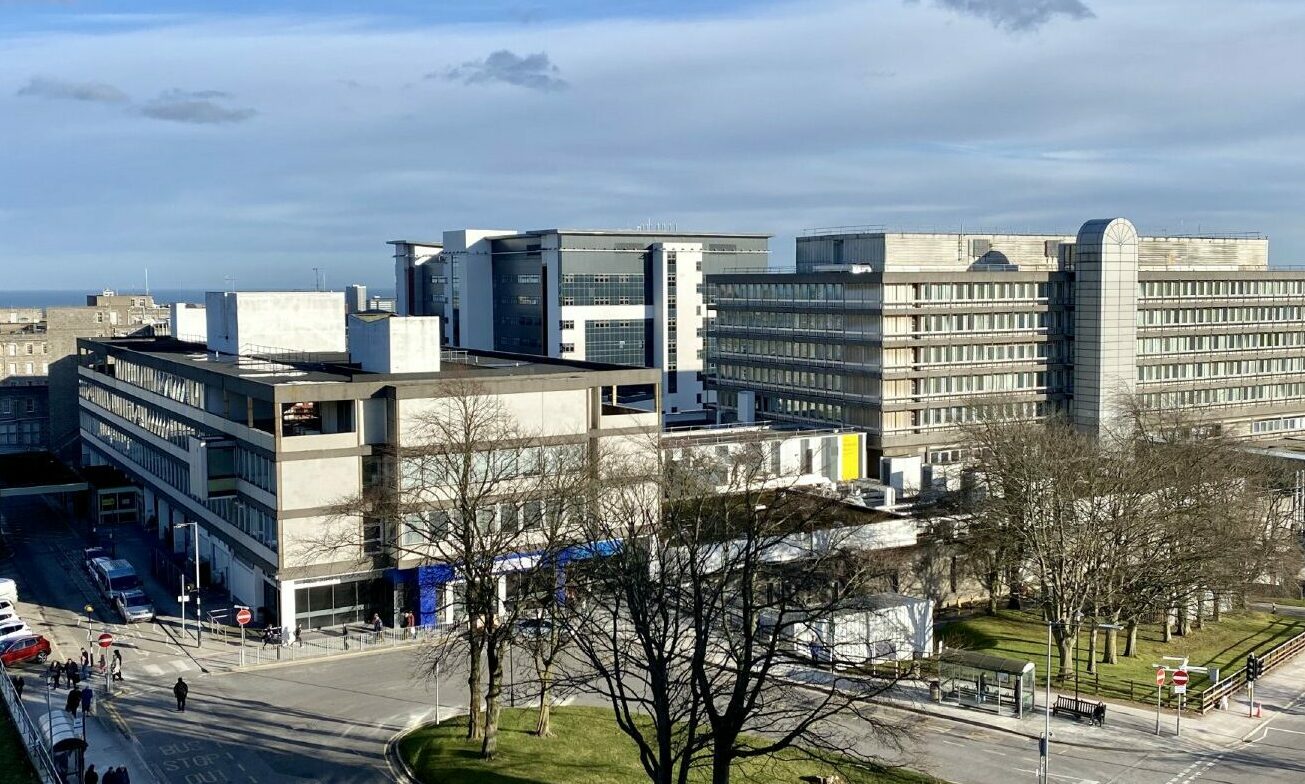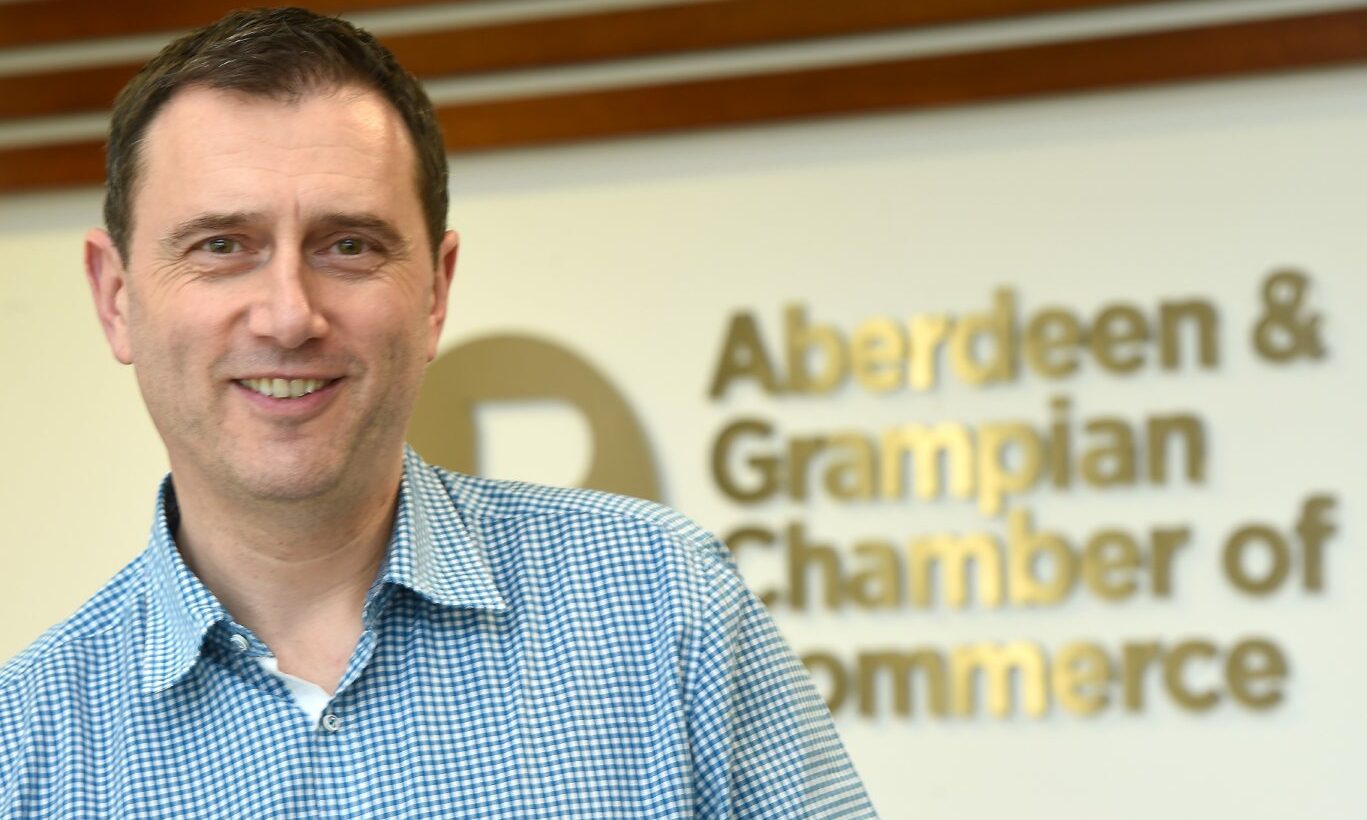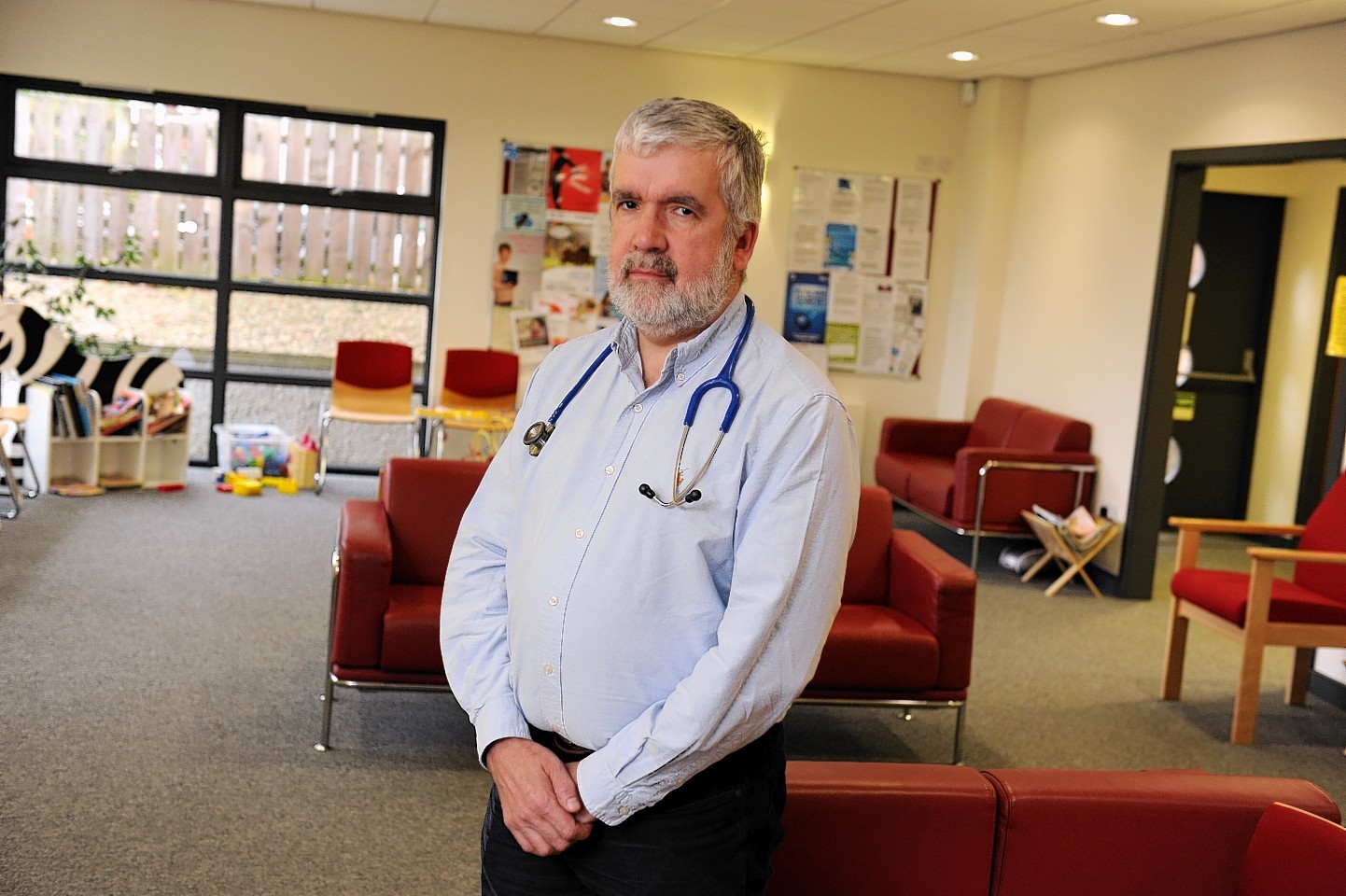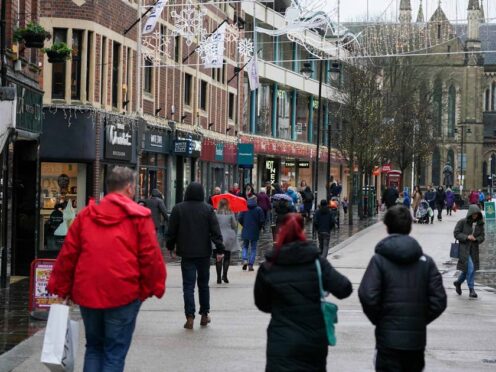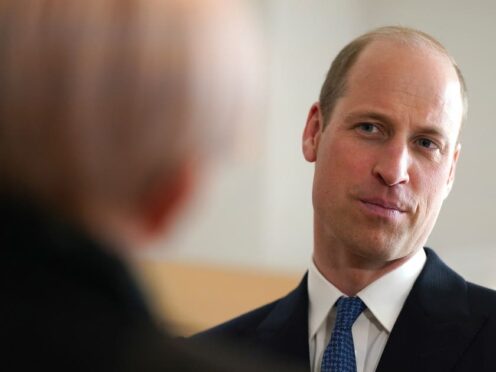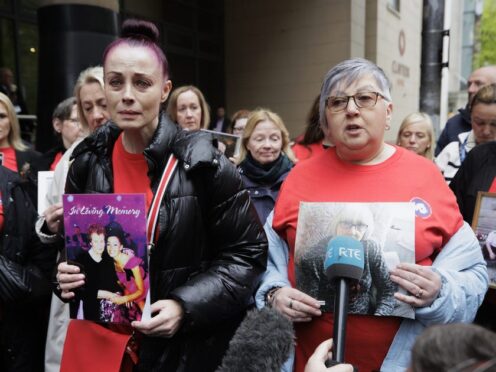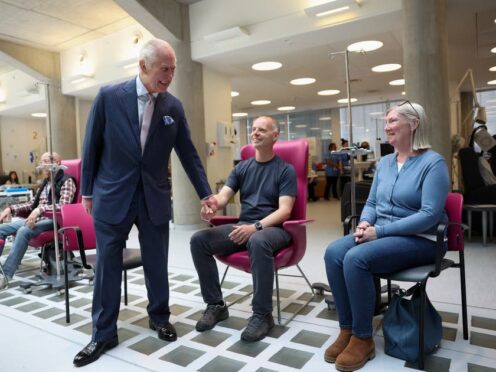It’s not that long since people across the nation were being asked to stand on their doorsteps and clap the efforts of NHS workers during the pandemic.
In the midst of what was an unprecedented health crisis, it was easy to indulge in platitudes and listen to the likes of the then Prime Minister Boris Johnson talking about the heroics of doctors and nurses who stretched themselves to breaking point.
At that stage, we had no idea about “Partygate” or the politicians who had broken their own restrictions. But look at where we are now – with the NHS on the brink of a precipice – and it’s clear that much of the plaudits doled out was pure windy waffle.
In recent days, I’ve spoken to young people in the health service and heard about the pressures they are facing. One nurse said: “I’m 23 and my rent has gone through the roof. I’d love to settle down in Aberdeen, but I’ve no chance of getting a mortgage.”
‘Throwing money down the drain’
A young doctor, based in Moray, added: “I’m thinking of going to Australia now. I don’t want to be in rental properties forever, it’s throwing money down the drain.”
These responses are typical of the dilemma in which so many youngsters find themselves, not only in the NHS, but in other emergency services, social care and teaching. If the problem’s so acute, you might imagine the governments in Edinburgh and London would be striving to create a platform for the future in these vital areas.
But, as matters stand, you would be mistaken. Instead of talking about investing in the next generation and safeguarding the NHS and other facets of life which we perhaps too readily take for granted, such as a care sector which has lost myriad staff, all the political focus seems to be on cuts, balancing the books and retrenchment.
In this climate, with a general election looming, there ought to be big ideas, bold visions. So what about launching an initiative such as a Key Worker Affordable Homes Scheme, which offers low-cost mortgages to those at the start of hopefully long careers in health, teaching and other vital sectors, who pledge to remain close to their roots?
The status quo is not an option
The Scottish Government announced in April that £25 million is being made available to help councils identify affordable homes for key workers in rural areas.
The five-year initiative will enable local authorities and registered social landlords to acquire or lease properties which can be used to provide homes to meet the needs of their communities.
But people want their own homes and, for many youngsters, the prospect of paying rent or a lease simply adds to their stress levels. What’s there for them once they retire?
Russell Borthwick, the chief executive of Aberdeen & Grampian Chamber of Commerce, accepts that action has to be implemented. But it can’t be done half-heartedly.
He told me: “One thing that we hear, day-in, day-out, from our 1,200 member businesses working across every sector of the economy, is that they are struggling to recruit and retain staff.
“The challenge isn’t just in finding key public sector workers – although this has been a stubborn problem for our region over many years – but rather that we need more people in employment at all levels, full stop.
Region needs to sell itself
“If we are going to attract these people to live, work, study or raise a family in the north east, we need to ensure we’re as attractive and affordable a proposition as possible.”
Of course, there are no panaceas with these matters. Yet it’s surely better to devise plans which can be rigorously debated than sleepwalk any further into disaster.
If we haven’t learned that from Covid, why not?
Former Aberdeen GP, Ken Lawton, realises the importance of transforming the status quo and welcomed the basic notion of a Key Workers Affordable Homes Scheme.
He said: “It’s smart thinking. The terms of the contract or indenture would need to be thought through, but in principle, the idea is a good one.
“Housing is the biggest cost to anyone these days. I am sure that something similar has been previously suggested. Some of the flats at Craiginches [the old prison site in Aberdeen] were meant to be for essential workers.
“The other thing that might be worth considering is the ‘paying off’ of student loans on condition of service in a particular sector.”
‘It feels like a win-win for all parties’
Nara Morrison, a psychotherapist based in Westhill, also backed the initiative and believes it could have a hugely positive impact in Scotland.
She said: “We know that NHS employees are overstretched and overworked. A combination of work-related stress, understaffing and financial pressures contribute to young talented staff leaving.
“If the scheme goes ahead, all stakeholders will benefit: NHS employees, the NHS itself and, most importantly, patients, who will have better care and access to it faster.”
“Of course, we will need clear eligibility criteria and suitable locations for housing. But it feels like a win-win for all parties.”
